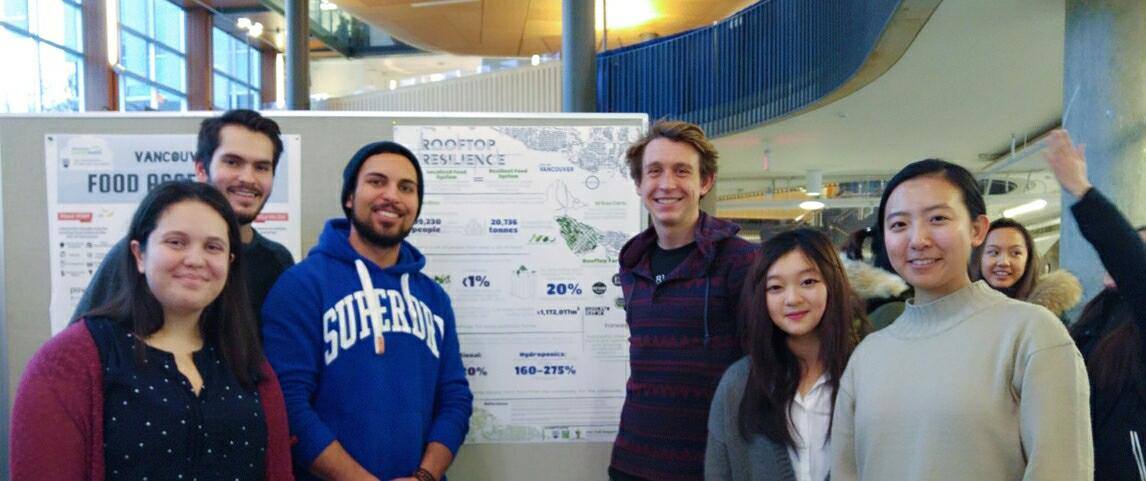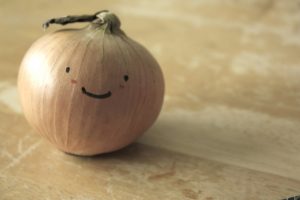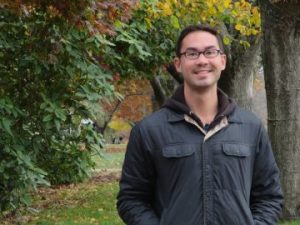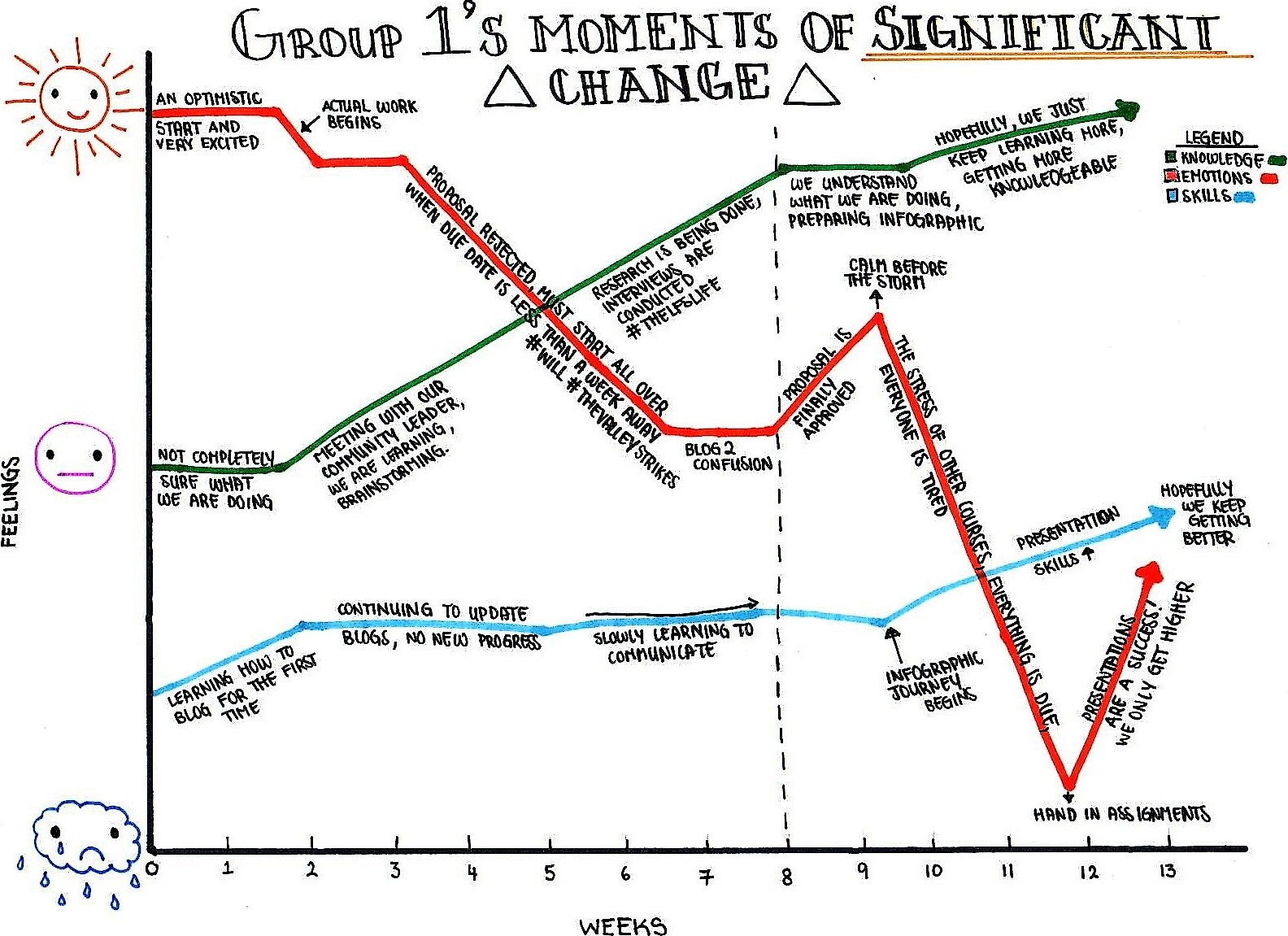”Time moves slowly but passes quickly”- Alice Walker

Throughout our journey, time seemed to almost stand still, leaving us impatiently awaiting responses from our contacts. The amount of automatic emails we received, and we received a lot, did little to ease our impatience. To our surprise, time did pass and here we are, finally anticipating our presentations. November is at its end, and December is inching towards us faster than we had expected. We are eagerly awaiting to showcase our efforts.
As we reflect on how far we have come, we take this final blog opportunity as a final chance to reflect on moments of significance. While researching Vancouver and communities around the world, benefiting from urban agriculture, we reflect on Vancouver’s many advances throughout the years as well. Not only have we found a better understanding for Vancouver’s community, but through researching other communities, we believe we have paved steps to help Vancouver reach resiliency.
Previous Weeks
We couldn’t possibly summarize everything that has happened in our semester, because nothing could express our feelings poignantly enough; however, if we tried to articulate what we’ve learned in summary, it would be in these three words: uncertainty, adaptation, and transformation.
It was great to have a team of members to rely on, people who could help us adapt our plan, and divide jobs to, from contacting stakeholders about information to researching data. In many instances, the keyword in our project arose quite often and we did our best to follow it, “Resilience”. Regardless of the challenges we faced everyday, every decision we made to those situations helped shape us to be better leaders, better teachers and better people.
In order to help our city have a more sustainable and tactical food resilience system, what should we do? Here, we would refer to Lisa Nichols, “[t]he doorway is for you to fit through, you trying to carry everybody else through, you are trying to be rescued by 911, and you gotta rescue you first.” In hindsight, we learned to expect unpredictable circumstances that may arise, and take responsibility to accomplish them regardless of how it needed to be handled. These efforts taught us to be more patient and confident, and to take challenges to improve. From bitter, distasteful moments we learned to adapt to uncertainties and curve balls. With great humility, we take these lessons to heart.
Accomplishments:
- Collected data from stakeholders (Agro cite, Lufa Farm, Roots on the roof, Ryerson University Rooftop gardens—Carrot City Farm, Pullman Farm, Hollis Farm, Sky Harvest).
- Learned a lesson from GMOs article : Professor Will taught us about how to improve our writing, that is by stating a clear thesis statement and integrating a quote properly rather than directly copying and pasting(Valley, 2017).
- Able to conduct group meetings effectively (being prepared beforehand).
- Completed infographic and correcting feedback and issues for editing
- Submitted individual academic experiential review papers.
- Published our Graceful Dismount, Blog 3
- Graphics for inforgraphic drawn and coloured
Moment of Significant Change
What
There were several bumps along our road to success, where things did not run smoothly. During a crucial moment in the semester, one group member got injured. As a result, they were unable to attend a few group meetings and lectures, and unfortunately had to endure painful hospital visits. Another group member unfortunately could not attend the same group meeting due to car failure. An hour before our scheduled meeting, he found himself stranded somewhere away from campus and needed to get his car towed. Last minute, both members did not show up to the meeting.
Both could not attend a scheduled meeting, and the last minute notifications of said members failing to attend left a majority of the group somewhat dejected as we love their input. Also finding it somewhat disrespectful, as other members of the group were relying on their data for the meeting to run productively. As a group, we empathized for the members who could not attend, as we are sure they would rather be with us than in the hospital and stranded on the road. While the meeting could have run smoother with their inputs, it continued as planned.
We tried to reassign tasks as a consequent, since those members were unable to attend. We needed to quickly re-establish tasks for members who had attended the meeting, who would contact stakeholders as soon as possible. Fortunately, the members who missed the meeting were able to contact founders of organizations and arrange times for interview questions to be answered before striking up conversation about other inquiries with our stakeholder. The experience itself did allow us to reflex our adaptive abilities. In the end, we did manage to achieve the same outcome as our plan for the project and collect needed data, however the journey was bumpier than expected.
So what?

Thankfully, the interviews were successful. As the Sky Harvest founder Aaron Quesnel (personal communication, November 20, 2017) puts it, “we are facing challenges everyday.” Indeed, those words are relevant. Challenges arise at any given moment and it’s how we react that makes us leaders. In someway, we view our project as an onion. At the start, it had limitless possibilities to be incorporated anywhere. While untouched, our onion had the potential to be anything. All we could think of was how delicious it would be in a meal, or rather how useful it’d be to Vancouver. As we got into it, and real work began, and it brought tears to our eyes. Setback after setback really did stink. We desperately tried to peel back layer after layer that stood in our way, in an effort to get to the center. With all the brunt work finally completed, and all’s that’s left is the final edit of the infographic, we can transform our onion into something greater than the sum of its parts by incorporating elements of each member. We are a sustainable system, there is no waste. Everything that has happened, has served a purpose.
Regarding our situation, no broader issues arose as we acknowledge the efforts of the members who were beyond control of their circumstances. At this moment in time, we are all less emotionally invested, and pushing through personal feelings. For the last group reflection left us understanding that we cannot control everything, we can only compensate with our own abilities. Past experiences have taught us that we can only control ourselves and make use of a poor situation. As leaders, we tough it out. At the end of the day, confrontation and arguing seems irrelevant: a waste of time, effort and emotion. It changes nothing in our predicament. We have all committed so much time into this project that a pessimistic attitude seems inappropriate. Dwelling would not serve any purpose. If presented in the same circumstance, there is nothing we would change. We respect one another, and we accomplished our tasks for the week.
Now what?
Honestly, what’s left is the final push. We assign our final tasks to each member and we play on our strengths. Our group is comprised of great speakers, writers and creators. At the end of the day, it does not matter who presents because we have all contributed so much to the project. If circumstances arise in the future again, it will be a shame, but we will do our best to adapt to the situations. With less than a week for our draft infographic, all we can do is remind members of deadlines, of their tasks and what we need done. Otherwise, we tackle everything left to be done with confidence. Regardless of how we feel, we have done our best with the limited time and resources available to us and so long as we remain confident, we are unstoppable.
Upcoming Weeks
Slowly, but surely, we have finished conducting our research and interviews with our urban farm representatives. We have compiled our data and are now preparing for designing our infographic. It’s crunch time now, as we approach the presentation date (November, 29th 2017) in the upcoming week. We’ve familiarized ourselves with the Piktochart software and had some fun self-teaching with its advanced features.
We’ll be following Dr. Will Valley’s and Dr. Carmen Byker-Shanks’ recommendations for a well-constructed infographic. This will require us to share Vancouver’s story and its potential for resiliency. We will include our identified causes and issues as well as a structured layout of our data.

We hope that our infographic and presentation will inspire members of the community, raise awareness, and spur ambition towards improving our food system. Ultimately, we hope this will create an all-encompassing safe space for change later in our food system. Of course, if we fail to achieve these positive outcomes we hope our predecessors will follow in our quest for a more resilient Vancouver, in the upcoming year. Well, our journey with resiliency has been a blast, and we’ve learned so much about ourselves, each other and Vancouver in the progress (not to mention Brooklyn, Montreal, New York, etc.), and we have been humbled by the process and grateful we were able to end 2017 with a bang. We cannot wait to follow Vancouver’s resiliency journey is 2018 as well.
Group 1 would like to thank everyone who has kept up with our endeavors until now, as it definitely has been a long progress. A special thanks to our number one supporter Colin Dring, who’s constructive feedback helped push us to success.

Reference
(A. Quesnel, personal communication, November 20, 2017).
Lisa, N. (Producer). (2017, November 2). Be Inspired. A story that will change your life. Podcast retrieved from https://youtu.be/5NsykK5sAWg
Rolfe, G., Freshwater, D., Jasper, M. (2001). Critical reflection in nursing and the helping professions: a user’s guide. Basingstoke: Palgrave Macmillan.
Valley, W. (2017). Session 11 – Developing infographics. Retrieved from: http://lfs350.landfood.ubc.ca/session-notes/term-1-session-notes/session-10/



